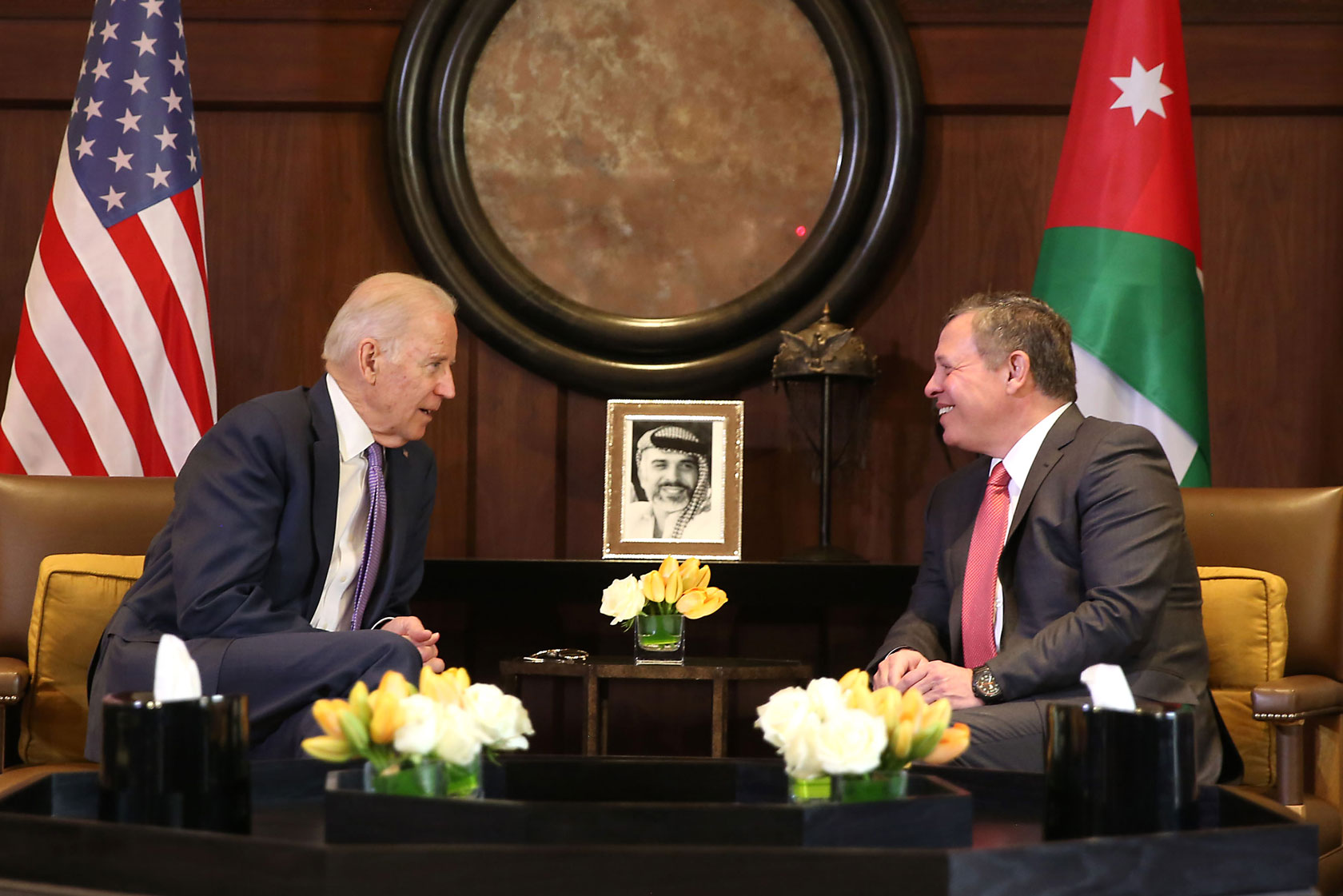
Blinken's communication with GCC counterparts, including Saudi Arabia, the UAE, and Qatar, highlights Washington's strategic focus on fostering dialogue and collaboration to address pressing issues such as security threats and regional diplomacy. The discussions come at a time when the Middle East faces heightened instability, influenced by ongoing conflicts, economic pressures, and shifting alliances.
The US State Department has emphasized that these conversations are aimed at strengthening partnerships and exploring cooperative measures to mitigate the risks of further escalation. Blinken's outreach is part of a broader diplomatic strategy to reinforce US-GCC relations and ensure alignment on key regional priorities. This includes addressing the Iran nuclear deal, counterterrorism efforts, and economic cooperation.
The GCC nations, which play a crucial role in regional security and economic dynamics, have welcomed the US initiative to engage in high-level talks. Saudi Arabia, the UAE, and Qatar have all expressed their willingness to collaborate closely with the United States to navigate the complex landscape of Middle Eastern geopolitics. Their involvement is seen as pivotal in achieving a unified approach to common challenges and fostering stability in the region.
One of the central issues on the agenda is the ongoing conflict in Yemen, which has been a significant concern for both the GCC and the US. The humanitarian crisis and regional security implications of the conflict necessitate coordinated efforts to seek a resolution. Additionally, tensions surrounding Iran's activities and its influence in the region are key topics of discussion, reflecting the broader strategic interests of both the US and GCC members.
Economic cooperation is another critical area of focus in the talks. The GCC countries, with their substantial economic resources, are key partners for the US in areas such as trade, investment, and energy security. Strengthening these economic ties is seen as essential for both regional stability and mutual prosperity.
Blinken's engagement with GCC leaders also reflects the US's broader diplomatic approach in the Middle East, which involves not only addressing immediate conflicts but also fostering long-term partnerships. This approach aims to build a framework for sustained cooperation and mutual understanding, which is crucial for maintaining stability and addressing emerging challenges in the region.
The discussions between Blinken and the GCC leaders are expected to yield significant insights into the evolving dynamics of Middle Eastern politics and security. As these conversations progress, the focus will likely remain on aligning strategies, enhancing collaboration, and addressing the multifaceted issues that impact the region.
Overall, Blinken's efforts underscore a commitment to diplomatic engagement and strategic partnership with the GCC, aiming to navigate the complex landscape of Middle Eastern geopolitics and foster stability through collaborative efforts.
Topics
Gcc
